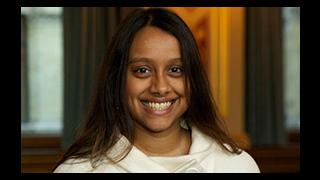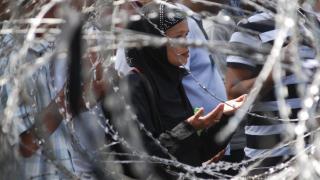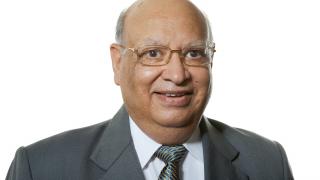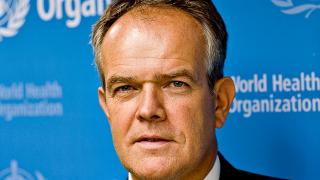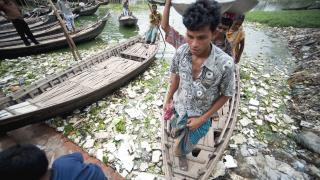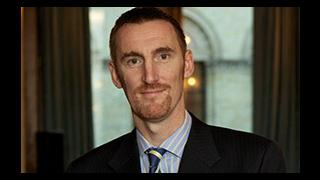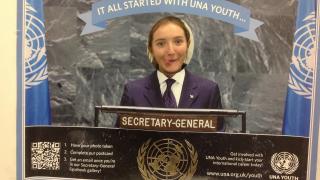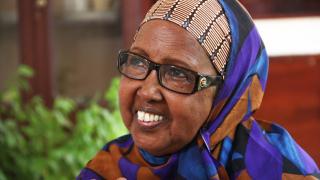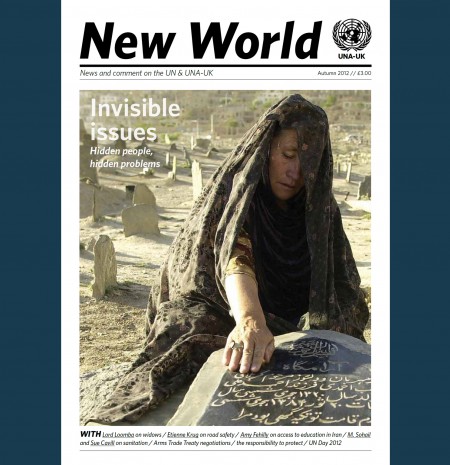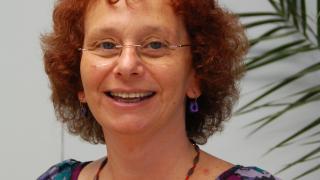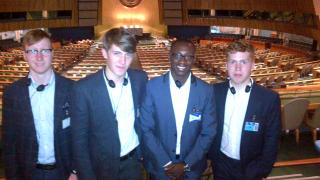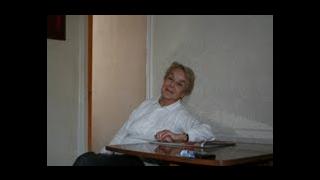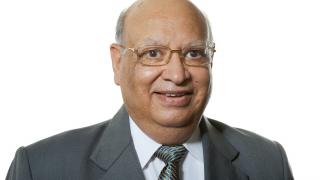
A bad omen, an outcast, a loose person, a witch – this is how widows
are perceived in some communities. In many developing countries, a widowed woman does not receive sympathy. Instead, she is pushed to the margins of society and left helpless: isolated, ridiculed, exploited and discriminated against. On top of losing her husband and protector, her status as a woman is also taken away.
The word ‘widow’ was almost unknown to me until my father died when I was just 10 years old. Not only did my mother have to deal with the loss of her life partner but, in her traumatised state, she was made to take off her bangles, remove her bindi and wear white clothes. My father’s passing had shut her out from the world she had once known, seemingly forever. Years later, in the midst of my wedding rituals, my mother was asked to leave. As a widow, it was said, her presence would bring bad luck to my married life. It was an agonising moment for me. I went through a range of emotions: pain, anguish, anger and a feeling of frustration. How could my mother who had brought me up with so much care and love be unlucky for me?
This memory is part of the reason why I chose to establish a foundation in my mother’s name to create awareness of the plight of widows. The Shrimati Pushpa Wati Loomba Memorial Foundation was set up in the UK in 1997 and launched in India in 1999 by then-Prime Minister Atal Behari Vajpayee. As I was most familiar with the challenges facing widows in India, my initial goal was to educate the children of poor widows, 100 in each Indian state. That mission was achieved just a few years later in 2006.
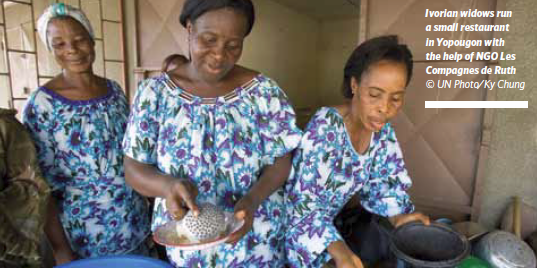 During this period, I became more aware that widows in other countries faced similar challenges, especially in Africa. Women in that continent were losing husbands as a result of conflict and HIV/ AIDS, leaving them vulnerable, destitute or worse. I wanted to help these widows but found there was an acute lack of available details on their situation and their needs. So the Foundation took its next big step and commissioned a research project to collect all possible information about widows worldwide.
During this period, I became more aware that widows in other countries faced similar challenges, especially in Africa. Women in that continent were losing husbands as a result of conflict and HIV/ AIDS, leaving them vulnerable, destitute or worse. I wanted to help these widows but found there was an acute lack of available details on their situation and their needs. So the Foundation took its next big step and commissioned a research project to collect all possible information about widows worldwide.
Our task was not easy, confronting hostile attitudes, closed societies, difficult and inaccessible areas, and war-torn countries. Many were loath to impart any information. However, this did not deter us and in 2010 we produced the first comprehensive global “Widows Research Report”. This documented the gross human rights violations suffered by millions of widows, and the implications for their communities and for development more generally.
It also demonstrated that although some governments (with the help of NGOs and women’s groups) have put in place anti-discrimination laws and povertyalleviation measures, hardly any of this assistance is targeted. Nearly all such steps bracket widows with women in general. The result is that these programmes rarely benefit widows or fail them completely. It was through the report that I realised just how sickeningly widows were treated in some parts of the world, and how widespread these problems really were. In certain communities, a widow is forced to conduct a week-long “cleansing ritual” involving sex with her brother-in-law or, if he is not there, her father-in-law. And if he too is absent, with another family member or person off the street.
Reading about this dehumanising treatment, I felt compelled to shine a spotlight on the suffering of widows. I decided to take my case to the United Nations and to lobby for an international day of recognition. Earlier, in 2005, the Foundation had launched an International Widows Day at the House of Lords in London. Over the next five years, using the information gained through our research project, the Foundation organised meetings at the UN to gain much-needed attention and support from international bodies.
The Loomba Foundation is proud that, as a result of its campaign, the UN General Assembly declared 23 June International Widows Day in 2010. The following year marked the day’s first observance, with a conference at the UN in New York, attended by 500 delegates and chaired by Madame Ban Soon-taek, wife of UN Secretary-General Ban Kimoon. It was a dream come true.
Now, there is finally a global day of recognition for the millions of widows and their dependants around the world. Let’s make sure it is also a catalyst for action to address the poverty and injustices they face.
Lord Loomba CBE is Founder of the Shrimati Pushpa Wati Loomba Memorial Foundation, which gained UN consultative tatus earlier this year, and Executive Chairman of the Rinku Group, a fashion and clothing company. In 2011, he was made a Liberal Democrat life peer


